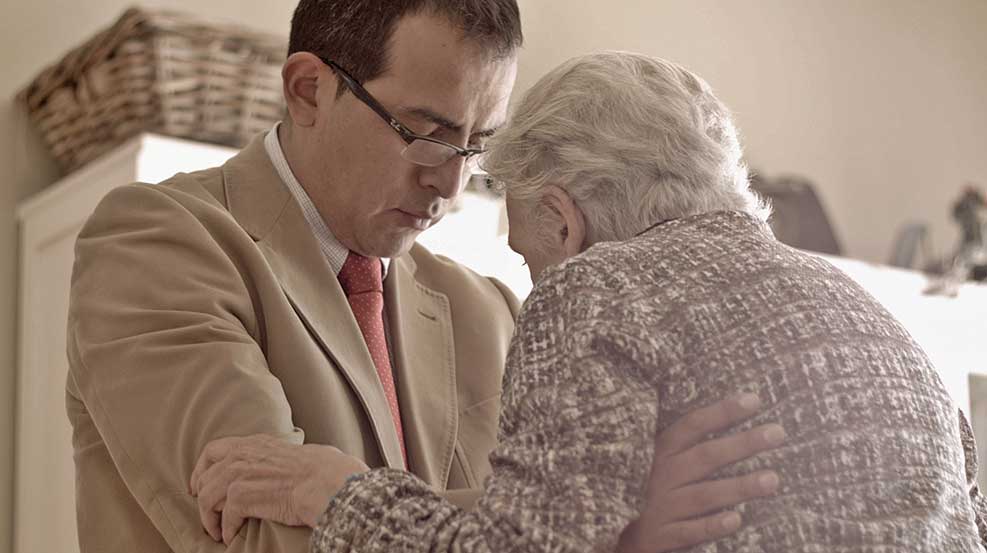Treating each person as best as possible as he or she nears the end of life is undoubtedly a major challenge. A patient once commented to his doctor: "You have a bit of a specialty. ungratefulWe, the patients and their families, expect doctors to cure; however, you do not cure them, you control that they do not have pain and that they do not suffer!".
This thought-provoking comment allows us to recognize a part of the truth. In the field of palliative care, physicians cure the patient's common illnesses, those that can be cured. But when the end is near because there is an incurable disease, the patient must be cared for and accompanied during the process to ensure that both he and his family live each moment with the greatest possible well-being.
The World Health Organization (WHO) defines palliative care as "the approach that improves the quality of life for patients and families facing the problems associated with life-threatening illness through the prevention and relief of suffering by early identification and impeccable assessment and treatment of pain and other physical, psychosocial and spiritual problems.".
This definition indicates that the focus of end-of-life care is both the patient and his or her family. The family is the unit of care. In addition, in order to adequately treat the different types of suffering, comprehensive care is necessary, with the contribution of the most highly trained professionals in each area. Doctors, nurses, nursing assistants, psychologists, chaplains, social workers, physiotherapists, etc., must contribute the best of their knowledge and work as a team to control the patient's suffering.
Xavier Sobrevia is a medical doctor and delegate of the Pastoral de la Salud del Bishopric of Sant Feliu de Llobregat.
Christian Villavicencio-Chávez is a geriatrician. Master in palliative care. Associate Professor of Bioethics and Palliative Medicine. International University of Catalonia.








